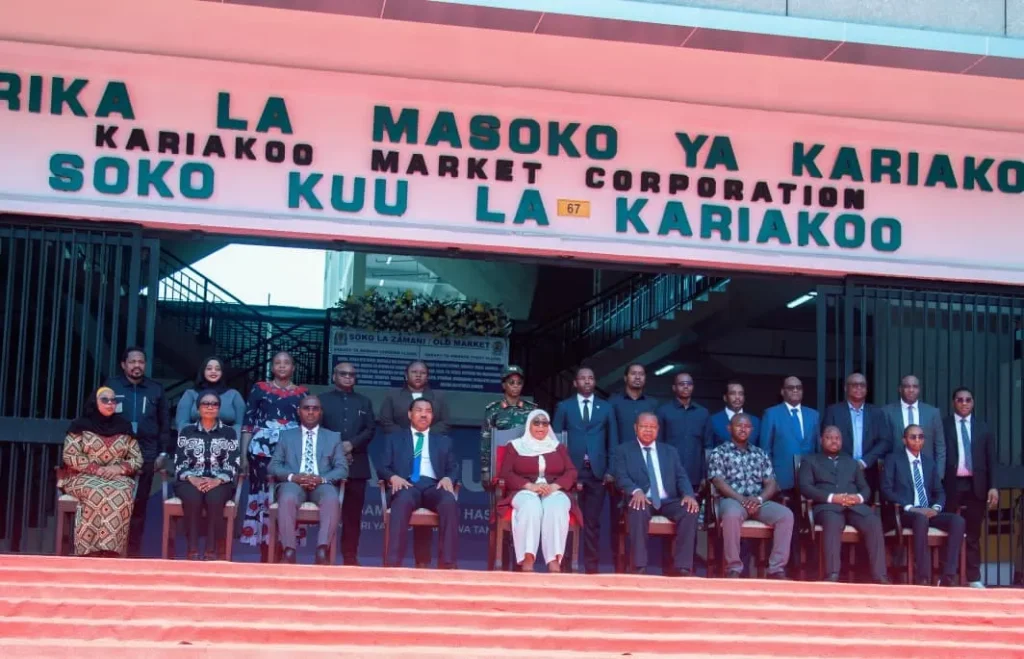The International Finance Corporation (IFC), the private investment division of the World Bank Group, is significantly increasing its commitment to Africa.
This commitment involves expanding both its local-currency lending and direct investments into various African companies. According to Managing Director Makhtar Diop, this strategy is essential for projects to achieve the necessary scale to attract major global funds. Diop shared these details at the Africa Financial Summit in Casablanca on Monday.
“What investors tell us is that when we have assets of less than a billion, it doesn’t interest us,” Diop stated.
He emphasized that major fund managers need a certain transaction volume. “When you talk to BlackRock, when you talk to all these people, they tell you that we need a certain volume so that we can invest in our countries and have long-term resources,” he said.
Shielding Investments from Currency Volatility
There is a growing global effort to attract more private capital into developing nations. This trend is driven by wealthier nations reducing their aid budgets and concessional finance becoming increasingly constrained.
Experts note that providing financing in local currency offers a crucial protective measure. It can shield development projects from the severe currency volatility over which these countries typically have limited control.
Africa currently represents a major area of focus for the organization. The continent accounted for commitments exceeding $15 billion from the IFC last year.
This capital was deployed primarily through debt financing and trade finance initiatives. Diop noted that lending in local currency already makes up approximately 30% of the IFC’s current investment portfolio.
Promoting Deeper Market Integration
The IFC is actively seeking collaborations with commercial banks. The goal of these partnerships is to exchange dollar resources for local-currency credit lines.
Diop also pointed out that deeper regional market integration is necessary to mobilize savings and successfully attract long-term investors.
Consequently, he recommended making regional financial markets more accessible, which includes developing interoperable stock exchanges across the continent.
READ ALSO: Travel Chaos: Internet Outage Strands Passengers After Tanzania Vote






